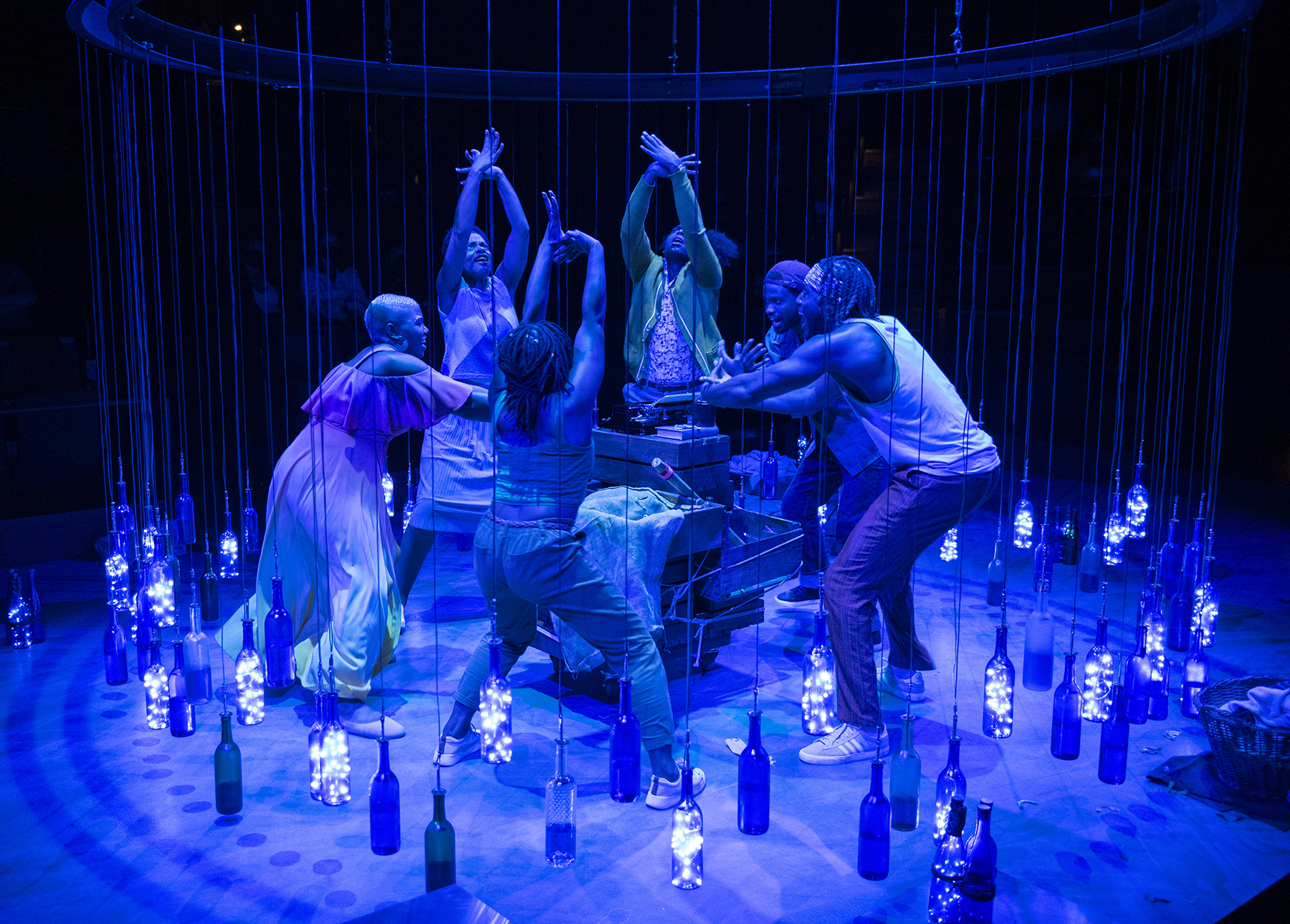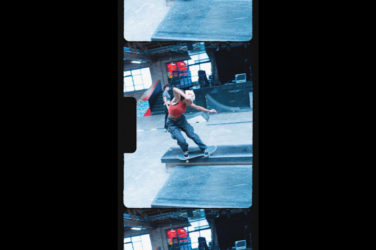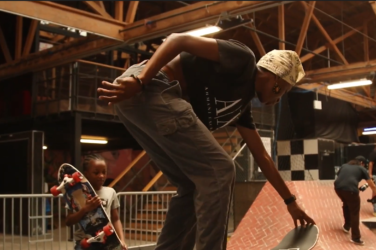MILDSAUCE X STEPPENWOLF (747)
Steppenwolf for young adults (SYA) is back and better than ever. SYA is a program that curates and creates works of art specifically for teen and family audiences. The exact amount of care and professionalism that Steppenwolf’s signature production exemplifies is put into these productions as well.
On behalf of Mildsauce, I recently attended Steppenwolf’s production 1919. A play based on Eve. L. Ewing’s book of poems, 1919, is about the chaos that ensued in Chicago after the killing of 17-year-old Eugene Williams. Williams was violently killed while swimming in a segregated Lake Michigan in 1919. This production explored the waves of emotion and events that took place in the next eight days after William’s death. The aftermath constitutes an under-told episode of the city’s history. The show depicted these events in a very meta and spiritual way.
Growing up in Chicago, it’s almost a right of passage to learn about William’s tragic story. So, going into the play, I naively assumed how things would go. The play would be a historical representation of what happened. I thought the actors would be dressed like they were in 1919, the dialect would be from 1919, and the audience would be transported back to 1919 to relive what happened. I was wrong. We, the audience, were transported, not to 1919 but to our inner- critique, to our spirituality, to our ability to read between the lines, and more importantly, to the realization that we are our ancestors and that we as people are made up of a variety of emotions and archetypes.
THE PLAY
The play starts with a young woman writing in her room. She’s struggling. She is interrupted by a man who appears to offer her counsel and encourages her to keep writing. They are eventually joined by four other people, each person representing a specific emotion or way of being. The first person, the woman writing, is the Reporter. Then we meet the Teacher. Shortly after that, we meet the Challenger, Wisdom, the Griever, and the Shit Talker.
Initially, I believed that each of these people were playing the part of someone who existed in Chicago in 1919. However, I then discovered that these characters didn’t so much represent specific people as they represented the emotions within each of us. Max Thomas, who plays Human #3, hoped people would see themselves after witnessing the production.
“I hope the audience looks at every human in this play and sees that every one of them is special and different, and every one of these people is a part of them,”
Max Thomas
This play reminded me that sometimes we are the only people in our own way. We cling to one version of ourselves or one way we should be. When we embrace and pour into all the different parts of ourselves, we also acknowledge and pay homage to those who came before us. This rendition of 1919 made it clear that if we get out of our heads and out of our own way, we are more powerful.
Sometimes we see ourselves as just being the reporter, constantly seeking the truth and the facts. Sometimes we see ourselves as the griever, always mourning for the people and part of ourselves we’ve lost. And sometimes, we see ourselves as teachers constantly explaining how we should be treated and what is and isn’t moral. The beautiful thing about this play is that it made it clear that every single part of us must coexist, connect and flow as one for us to be our most powerful, most confident, most divinely led selves.
J.Nicole Brooks‘ adaptation of Eve L. Ewing’s book of poems is flows with elements of black ancestral magic, surrealism, and healing. From the effortless sway from past to present, to the blue glass bottles hanging from the tree of life; this play completely reshaped how I thought about ancestry, connecting with myself and getting out of my own way..
Go On, Get Out
Whether you are inspired to get out and see a play, go to a workout class, attend a fun event in the city, or hang out with friends, remember to show up as your whole self. Embrace your inner critic and go observe art. Lean into your inner activist and attend a march or volunteer for an organization that services oppressed communities. No matter how you decide to get out, remember to only show up in places that will serve and elevate you. Always embrace every part of yourself when venturing out into the world.
Thank you to Steppenwolf Theatre for providing the opportunity to see this production.
Mildsauce invited journalists to reflect on the theme “Get Out.†Click here to check out more stories in our “Get Out†issue.








Show Comments (0)